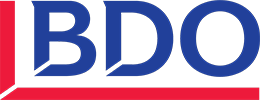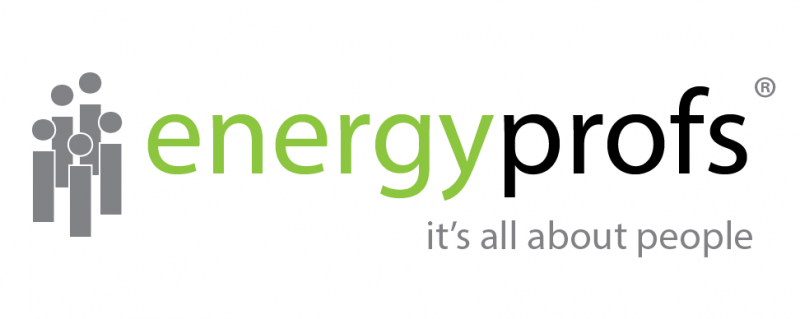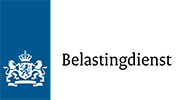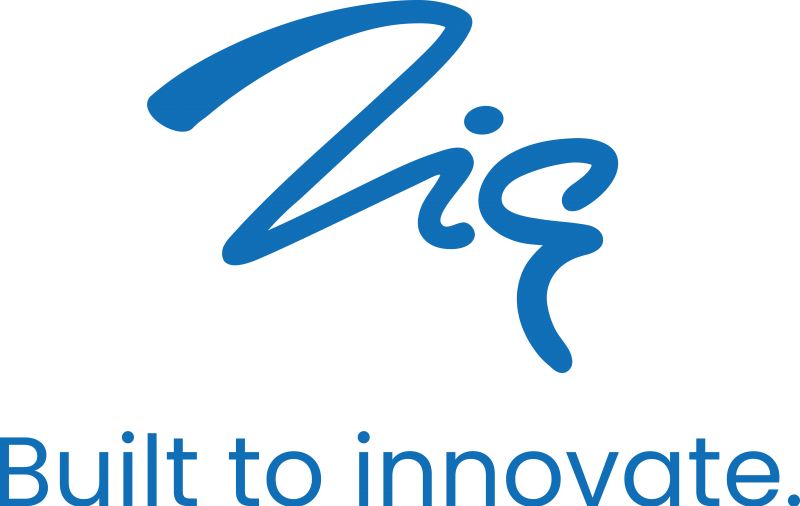On Wednesday the 25th of November during the break, the fourth edition of the Business Administration Reflection Time (B.A.R.T.) took place. This article gives you a summary of the results!
In total, 12 students and 15 staff members joined discussions about the following five statements:
Online education
1: Pre-recording of new lectures, which are unlimitedly available during the course, and the weekly organization of interactive Q&A’s, is the optimal setup for online education.
2: Examinations that are taken online should be changed as little as possible in their initial set-up in order to test the learning objectives as well as possible in this way.
Summary of the discussions: A combination of prerecorded lectures or knowledge clips and unrecorded interactive workgroups or tutorial lectures is the preferred format. Furthermore, early, consistent and detailed communication about examination is crucial in times of online education.
From bachelor to master to the labour market
3: Students are adequately informed and supervised by the university about the possibilities of acquiring knowledge and/or experience related to practice (including internships, company visits, guest speakers, and theses) within the study program.
4: The level of the bachelor's program prepares students well for the master's program.
Summary of the discussions: Enlarging students’ freedom during the bachelor’s program might be beneficial to prepare them better for their master program. To prepare students better for the labour market, more detailed and early guidance concerning practical experience opportunities such as internships is needed
Independence of students
5: During the bachelor's and master's programs, students are sufficiently trained to function independently
Summary of the discussions: A more uniform and consistent approach regarding expectations of independence is needed and the level of independence must be built up throughout the years. This could be achieved by integrating complex group assignments including peer-feedback and moments of reflection into courses.
The detailed results of the lively discussions between students and teachers about the statements can be found below.
Topic 1: Online education
A combination of pre-recorded lectures or knowledge clips and unrecorded interactive workgroups or tutorial lectures is the preferred format:
Live streamed lectures are on the one hand preferred by students because they make interaction between teachers and students possible. On the other hand, students also experience it as pleasant when they can review lectures. Recordings should therefore be made available so that students can review the livestream recordings. However, this could lead to potential privacy issues. All students would then need to turn off their camera and microphone, which does not stimulate the interaction wished for by both students and teachers.
Therefore, an alternative for this is to work both with pre-recorded material such as pre-recorded lectures and knowledge clips that contain the theoretical basis, and live unrecorded workgroups or tutorial lectures that focus on the application of knowledge and interaction with the students. These interactive lectures should not merely be a Q&A session, because teachers and students have not experienced these as effective.
The combination of pre-recorded material with interactive sessions offers students the possibility to look back at the recorded material whenever they like, in combination with the possibility of sharing experiences between teachers and students.
Early, consistent and detailed communication about examination is crucial:
Timely and clear communication regarding the examination form is essential. Details about the exam should be communicated at the start of the course and not changed later on, as was observed in some courses. Students argue that preparations for online exams, asks for more time and detailed information about what can be expected in terms of format and content.
Topic 2: From bachelor to master to the labour market
From bachelor to master
Enlarging students’ freedom during the bachelor’s program might be beneficial to prepare them better for their master program:
Participants state students are being well-prepared for the master’s program when it comes to knowledge and skills acquainted. However, in terms of being used to a study load as will be experienced in the master, students are not prepared well enough. In comparison to the bachelor’s program, the master’s is more challenging and requires students to show more initiative. Therefore, it might be helpful to give students already more freedom during their bachelor’s program so that they can experience what it will take to finish the master successfully.
Participants agree it would not be better to increase the study load for the bachelor’s program. This, because students are also busy orienting themselves on their future career plans during their bachelor’s and a higher study load might thwart this process. They do however agree that the bachelor’s program is too easy in comparison to the master’s. Not in terms of specific courses but relating to the low level of required independence of students during the bachelor’s program
Labour market orientation
More detailed and early guidance concerning practical experience opportunities such as internships are needed:
A general platform, within the faculty, with information concerning internships and other possibilities to gain more practical experience, would be a good instrument to provide students with an overview of their options. Participants also state that more information about the possibilities of gaining practical experience abroad is desired. Next to such a platform, it is also important to provide students with information sessions that elaborate on the different options for gaining practical experience next to their study. Students and teachers state it would be best to organize these sessions for first-year students, so they are able to think about what they would like to do early on in their studies already. During the second year, such sessions should be organized once more, as students probably have clearer ideas and therefore would like to inform themselves once more or better. A suggestion would be to develop a video which could show students all different opportunities available when it comes to informing themselves about gaining practical experience.
Topic 3: Independence of students
A more uniform and consistent approach regarding expectations of independence is needed:
Because teachers have different expectations of students, students feel the urge to ask lecturers every detail with regard to assignments and exams. This can be prevented by striving for a uniform approach between teachers regarding expectations of students’ independence. Furthermore, the consistency of this approach within the course is needed. Devoting an entire lecture to explaining the course manual, but at the same time expecting full independence of students during an assignment, is inconsistent.
The level of independence must be built up:
In the first year, it is good if, for example, workgroups are mandatory. This ensures that students can bond with both the university and fellow students. In the final year, however, students should be able to function completely independently, because they should be ready for professional practice after the bachelor. Because of this, it is better to allow students to decide whether to attend supporting activities such as workgroups or not. Furthermore, the bachelor’s thesis must be a test piece of this independence in the final year. It is therefore important to check whether this independence is also required, because students indicate this is not always the case due to the differences in supervisors.
Complex group assignments including peer-feedback and moments of reflection stimulate independence:
Group dynamics, and solving all the challenges that accompany this, attribute to the independence of students. Small interim assignments are too delineated, they do not reflect the kind of problems that students encounter in professional practice. Standardization of assignments therefore needs to be minimized, because students will then get stimulated to think outside the framework of the course. Independence can further be stimulated in group assignments by making students reflect on their own process during the project via a reflection report, but also by giving peer-feedback to other students.




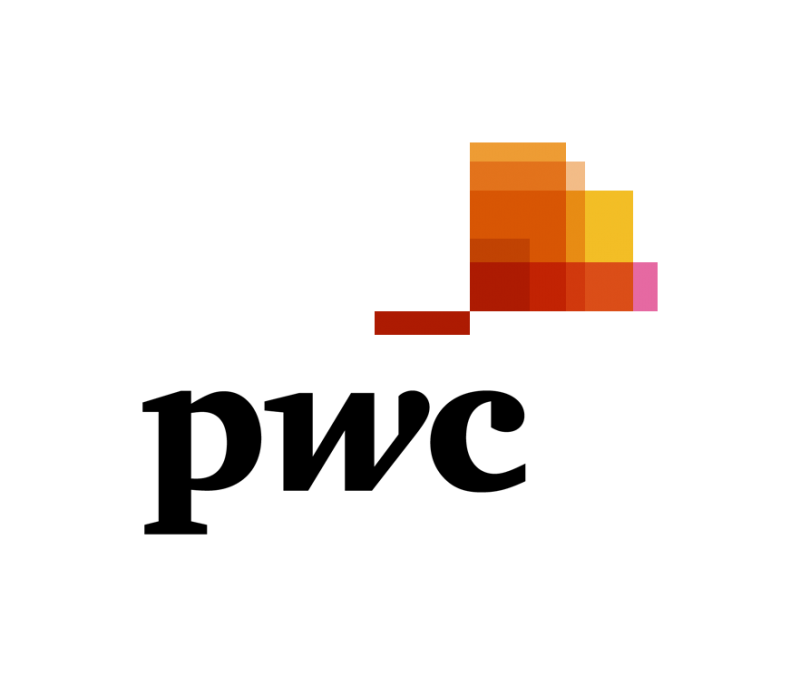
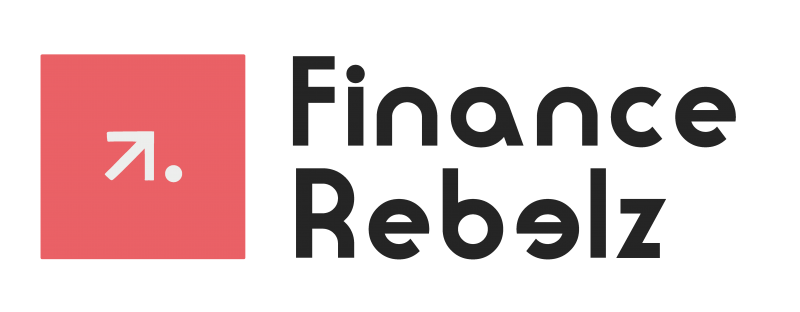
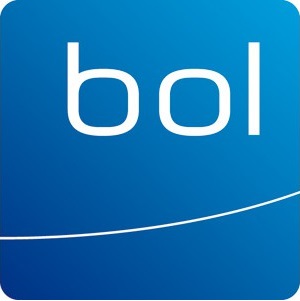

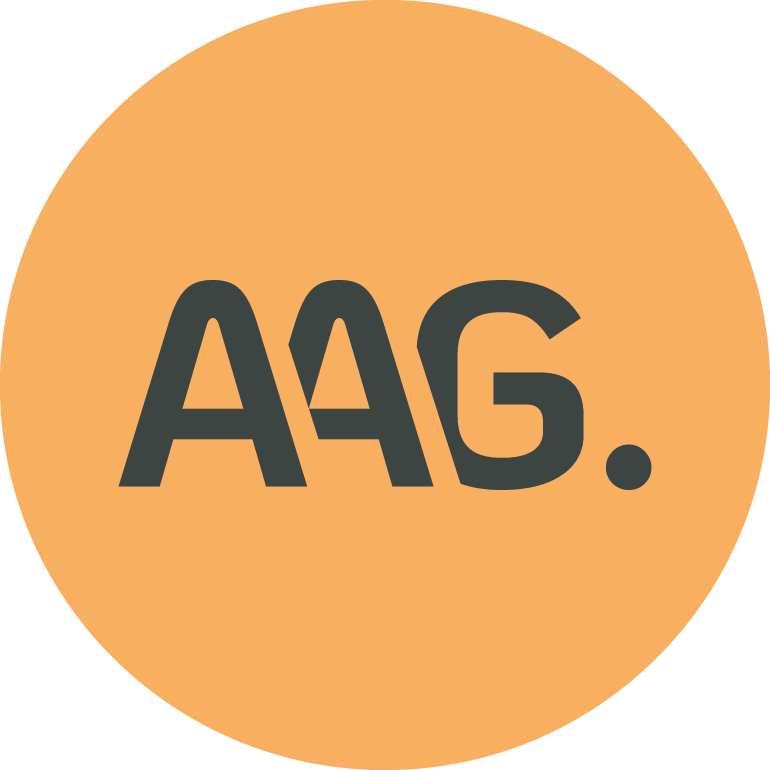


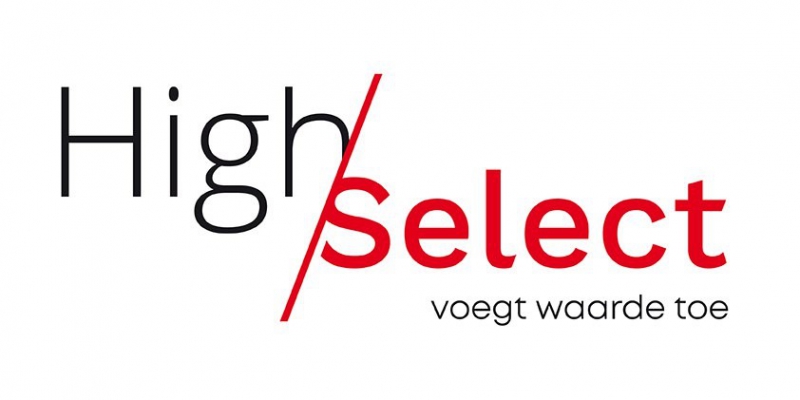


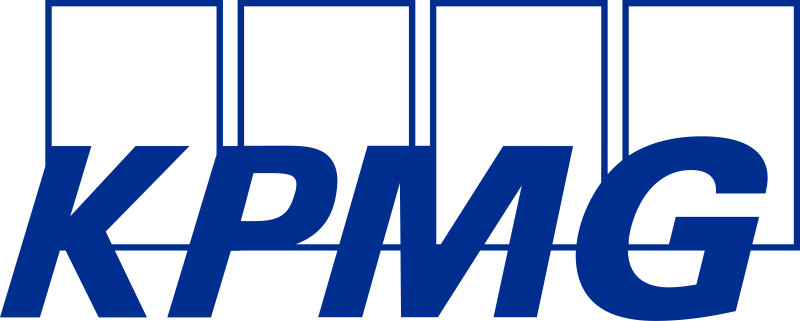
.png)

